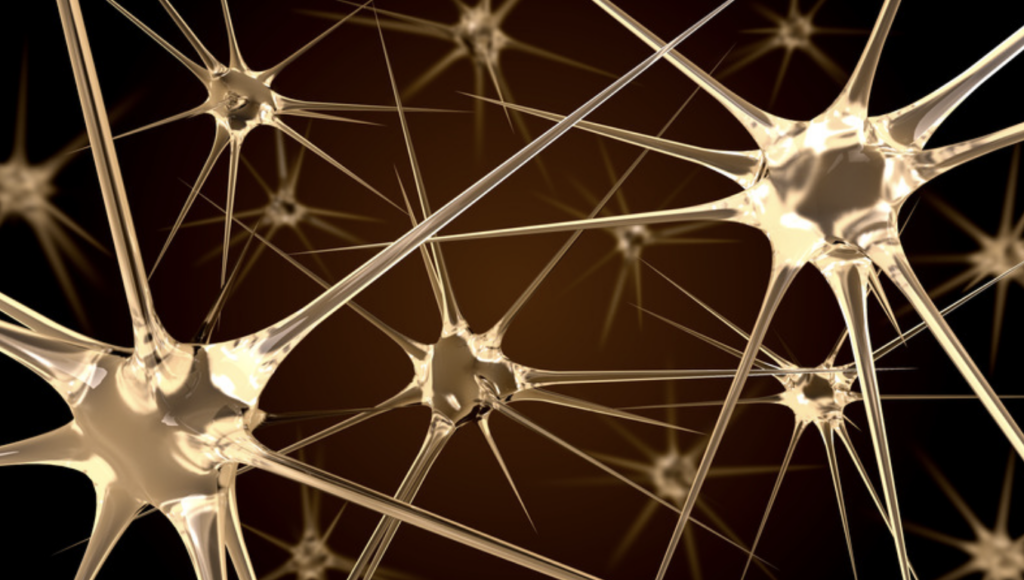When a loved one has a brain injury, it comes with a flood of emotions for the family member who takes on the new role of ‘caregiver’. It is normal to feel relief that the patient survived the cause of the injury. But it is also normal to simultaneously feel a sense of emotional trauma or anger with the subsequent change to their personal circumstances and lifestyle. After brain injury, caregivers often face a number of new financial, physical, and emotional implications.
Neurological rehab professionals understand the challenges caregivers face when there is a brain injury. Through education and collaboration, TBI rehab centers can be a wonderful source for families to best care for themselves and the patient.
Grief can come in many forms when there is a brain injury. Many caregivers experience loss and anxiety, which often lasts long after the injury has occurred.
Caregivers may worry about another brain injury event, injury if they leave their loved one alone, and wonder if things will ever return to "normal."
There may be grief that life is not the same as it was before. It is not unusual to experience anger of loss of freedom as time and energy must shift to care for their loved one.
It is important to understand there is hope, and as the patient moves along their recovery journey, life does improve.
Recovery is a process, and change will not happen overnight. The TBI survivor may need post-acute rehabilitation for a significant amount of time after the injury. As life adapts to this reality, it becomes easier to embrace.
The recovery process can be broken down into phases:
Despite caregivers’ best efforts, sometimes additional support may be necessary to better care for a TBI survivor. There are number of warning signals to look out for, as listed below.
Signs of distress include:
There is help available for caregivers, which may include:
The focus should be on education and interventions that are appropriate and adapt as the patient needs change. The caregiver must also be allowed to care for themselves to better handle expected and unexpected stressors.
It is not unusual for caregivers to experience anxiety, depression, and social isolation, sometimes more so than the TBI survivor. After inpatient neuro rehab, they become responsible for the patient's needs, often sacrificing their care.
The following are suggestions for self-care when you are a caregiver or a TBI survivor:
You do not have to care for a loved one alone. Even if the TBI survivor has graduated from post-acute rehabilitation, you may still utilize TBI rehab centers for support along your journey.

NeuLife Rehabilitation is a premier TBI rehab center with specialized rehabilitation programs for brain injuries.
Our programs for neuro-rehab promote the highest level of functional independence and successful community reintegration for TBI survivors. We treat a wide range of diagnoses and injuries at our brain injury facility. Importantly, we support and involve caregivers. We know they will be key to success once the patient leaves the facility.
If you have any more questions concerning post-acute brain injury rehabilitation or any other issue regarding brain injury, call us at 800 626 3876 to make an appointment today. You can also make a referral or schedule a tour to visit our best brain injury facility.
The material contained on this site is for informational purposes only and DOES NOT CONSTITUTE THE PROVIDING OF MEDICAL ADVICE, and is not intended to be a substitute for independent professional medical judgment, advice, diagnosis, or treatment. Always seek the advice of your physician or other qualified healthcare providers with any questions or concerns you may have regarding your health.

We know that choosing the next step in your recovery from a catastrophic illness or injury is complex. Together, we can help you take the next step.
Contact us with any questions today.